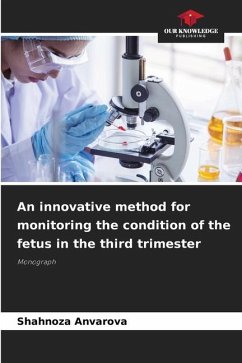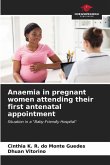Currently, the problem of fetal growth restriction syndrome remains relevant, which is due to the fairly high incidence of perinatal mortality and perinatal morbidity in newborns born with this pathology. According to WHO, the number of newborns with developmental delay ranges from 31.1% in Central Asia to 6.5% in developed European countries. According to various authors, fetal growth retardation syndrome occurs in 2.4-17-25% of cases in Uzbekistan. Antenatal measures aimed at preventing, diagnosing and treating fetal growth restriction syndrome require innovative approaches. Currently, one of the methods widely used in clinical practice for diagnosing the condition of the fetus about ORP is cardiotocography. Thus, the problem of non-invasive dynamic monitoring of the fetal condition in growth restriction syndrome is an urgent problem of modern perinatology. Conducting scientific research in this direction will make it possible to find ways to adequately assess the intranatal state of the fetus and will open up opportunities for the introduction of complex and reliable methods of fetal monitoring into clinical practice.
Bitte wählen Sie Ihr Anliegen aus.
Rechnungen
Retourenschein anfordern
Bestellstatus
Storno








